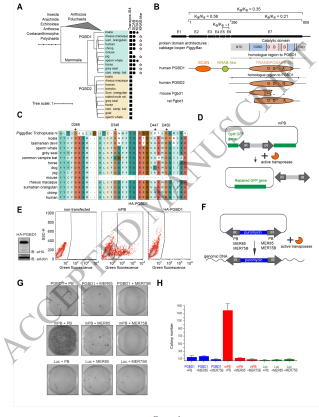女性と男性の感情的なニーズの違いにもっと注目することで、自閉症診断が改善される可能性があることが示唆された。 A new study suggests that autism diagnosis could be improved with a greater focus on the differences in emotional needs between women and men.
2022-08-22 バース大学
<関連情報>
- https://www.bath.ac.uk/announcements/autism-diagnosis-impacted-by-men-and-womens-different-emotional-needs/
- https://acamh.onlinelibrary.wiley.com/doi/10.1002/jcv2.12096
若年成人期における感情処理の違いが性別と自閉症特性の関連性を媒介する Emotion processing differences mediate the link between sex and autistic traits in young adulthood
Lucy A. Livingston,Lucy H. Waldren,Esther Walton,Punit Shah
JCPP Advances Published: 21 August 2022
DOI:https://doi.org/10.1002/jcv2.12096

Abstract
Background
The male preponderance in autism diagnoses is widely reported, yet the psychological mechanisms (e.g., emotion processing) underlying this sex difference are poorly understood. Contributing to this gap in knowledge, most research has not been designed to investigate the intermediary (i.e., mediating) role of psychological processes in the relationship between sex and autism. Compounding this issue, concerns that autism measures are not reliably measuring the same constructs in males and females, and bias against females in clinical samples, make it difficult to investigate the psychological mechanisms underlying sex differences in autism.
Methods
Over two cross-sectional studies, 1656 young adults from the general population reported their sex (as assigned at birth) and completed questionnaires indexing their emotion processing differences, as well as a measure of autistic traits suggested to tap into the same psychometric construct in males and females.
Results
Emotion processing differences mediated the relationship between sex and autistic traits, whereby being male was associated with more emotion processing differences, which were subsequently linked with greater levels of autistic traits. There remained a direct effect of sex on autistic traits after accounting for emotion processing differences.
Conclusions
Emotion processing differences are a potential psychological mechanism underpinning higher prevalence of autism in males, which may serve a compensatory function in females; for example, females may seek out emotion-inducing experiences to help compensate for social-emotional difficulties. These findings inform our understanding of autism-related sex differences and have potential implications for clinical practice, where the need for sex-specific support and diagnostic processes is increasingly being recognised.
Key points
- Autism is more commonly diagnosed in males (as assigned at birth) than females, but little is understood about the underlying psychological mechanisms.
- The present research investigated emotion processing differences as mediators in the relationship between sex at birth and autistic traits, in two large general population studies of young adults.
- Emotion processing differences partially mediated the relationship between sex and autistic traits, whereby being male was associated with lower need for affect, which was subsequently linked with greater levels of autistic traits. Alexithymia, however, did not robustly mediate the relationship between sex and autistic traits.
- The findings suggest that emotion processing differences may in part explain the male preponderance in autism diagnoses and highlight the possibility that need for affect may serve a compensatory function for females.



現在までの限られた研究は、ジェンダーバイアスが一般的に女性の自閉症照会を少なくし、人生の早い段階で見逃されがちであることを示唆している。この問題の一部は、男女間の感情的な違いが鍵となる、期待されるジェンダー規範に関連している可能性がある。JCPP Advances誌に掲載された新しい研究は、男女の感情処理の仕方の違いとともに、自閉症の性格特性を調査した最初の研究の一つである。
研究チームは、英国に住む1656人の若年成人のデータを用いて、なぜ男性が女性よりも自閉的特徴を強く報告し、自閉症の診断を受ける可能性が高いのかを探った。その結果、簡単に言えば、男性は感情的な体験の必要性が低いことが明らかになった。このことが、男性が社会的・感情的な体験から遠ざかり、その結果、より多くの自閉症的特徴を持つことにつながっているのかもしれない。